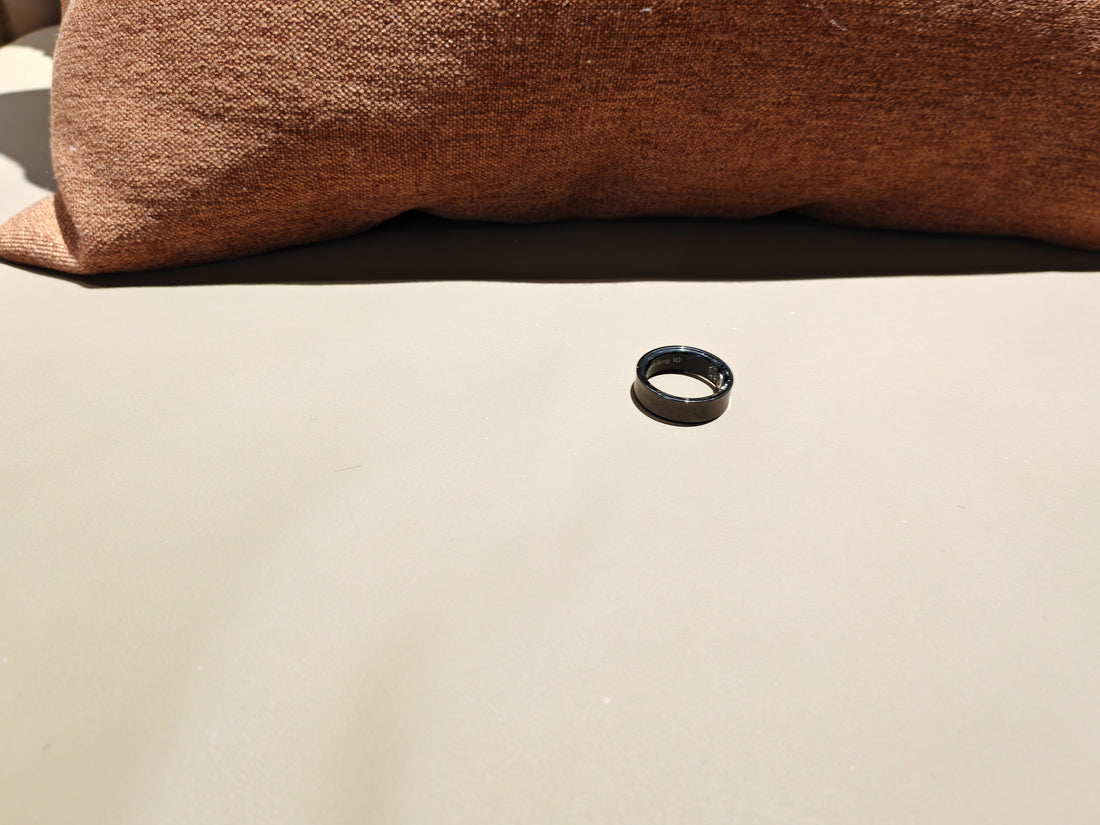With the development of technology, wearable devices are gradually becoming an important tool for elderly health management. Among them, Smart Ring has become an ideal choice for heart rate monitoring for the elderly due to its compactness, convenience, all-day wearability and accurate monitoring. Compared with smartwatches and bracelets, smart rings are lighter and more comfortable, do not affect daily activities, and provide continuous health monitoring functions to help seniors and their families keep track of their health conditions.
So how do smart rings help seniors with heart rate monitoring? What are the most suitable smart rings for the elderly on the market? This article will provide you with a detailed analysis.
How does a smart ring monitor heart rate?
Smart rings use advanced optical sensors and PPG (photoelectric volumetric pulse wave) technology to accurately measure the wearer's heart rate and synchronize the data to a mobile application for users or family members to view at any time. In addition, some high-end smart rings also support HRV (heart rate variability) analysis, blood oxygen saturation detection, and can even be docked with medical-grade equipment to provide more professional health monitoring services.
There are several significant advantages for the elderly to wear smart rings for heart rate monitoring:
All-weather monitoring to prevent sudden heart abnormalities:
The smart ring can continuously track heart rate changes and record heart rate fluctuations, helping seniors detect potential heart health problems such as too fast, too slow or irregular heartbeats.
Automatic alerts to reduce health risks:
Many smart rings feature abnormal heart rate alerts that send reminders to the user or bound family members to take timely action when a high or low heart rate is detected.
Senseless wear, more comfortable:
Compared with smartwatches, smart rings are small in size and light in weight, making them suitable for all-day wear, especially for older people who don't like to wear watches or are uncomfortable with wrist wearers.
Data synchronization for remote health management:
The data of the smart ring can be synchronized to the cell phone app, and some products support remote sharing, so children can pay attention to their parents' health at any time, even if they are not around, they can also do real-time care.
Conclusion.
Smart ring provides a convenient and efficient way of health management for the elderly, especially for those who need heart rate monitoring, it not only provides accurate data, but also provides early warning when abnormalities occur, helping the elderly to better manage their health. Meanwhile, the remote data sharing function allows children to keep an eye on their parents' health, bringing more peace of mind to the family.
If you're looking for a smart health device for the elderly in your family, the Smart Ring is certainly an option worth considering. In the future, with the advancement of technology, it will become the “invisible doctor” of health management for the elderly, escorting their health.
For more information, please click here: smart ring

